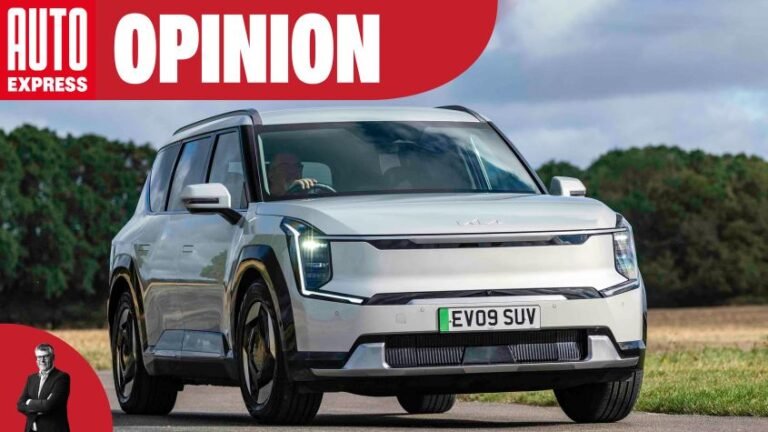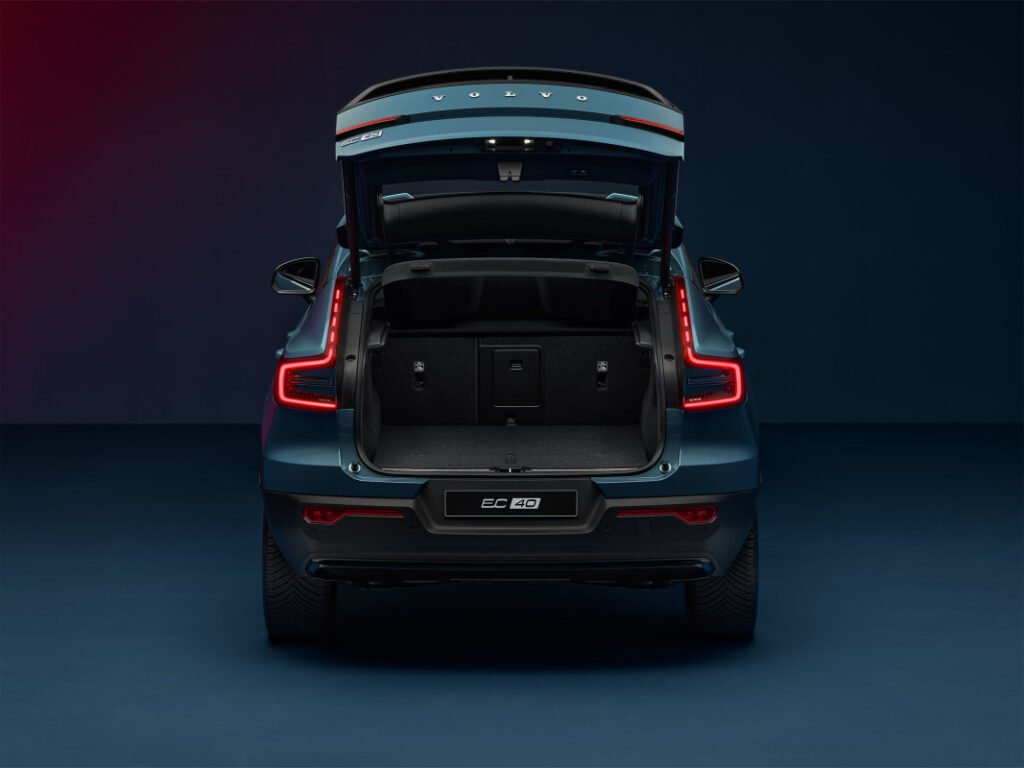
Volvo is facing a lawsuit in New Jersey alleging that one of its motion-activated tailgate systems malfunctioned and caused serious injury. The complaint, filed by a woman named Megan Kohr, claims that a hands-free liftgate on a Volvo SUV closed unexpectedly when a dog passed under the vehicle, striking her in the head and causing permanent injuries.
The plaintiff says she was standing behind the open liftgate when the motion sensor, designed to let drivers open or close the trunk with a foot gesture, was triggered unintentionally. The system allegedly failed to detect that a person was in the way, closing without warning. The lawsuit names both Volvo Car USA and the driver, a Volvo employee, as defendants, accusing them of negligence and product liability.
Kohr is seeking damages for medical expenses, pain and suffering, and loss of income. The suit argues that Volvo failed to implement safeguards preventing the system from closing when someone is standing behind the vehicle.
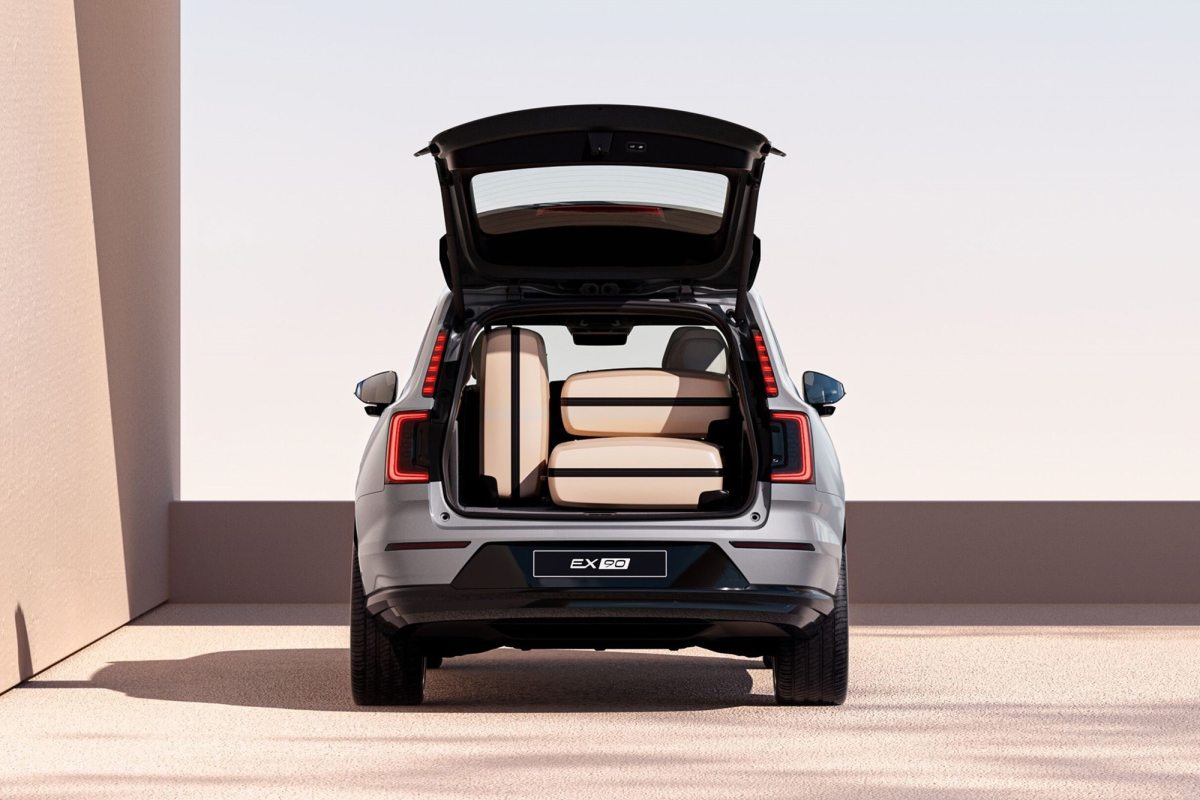
Technology Under Scrutiny
Modern power-liftgate systems are meant to enhance convenience, but this case raises new questions about safety standards. As more automakers replace physical handles with sensors and smart keys, unexpected activations are becoming a focus for regulators and consumers alike.
Volvo has not commented on the specific claim but says all of its motion-activated tailgates meet global safety regulations. The company is also navigating broader technology concerns after backlash over its new digital key system. Android users have been left stranded outside vehicles that no longer accept traditional keys. The controversy highlights how quickly convenience tech can backfire when execution misfires.
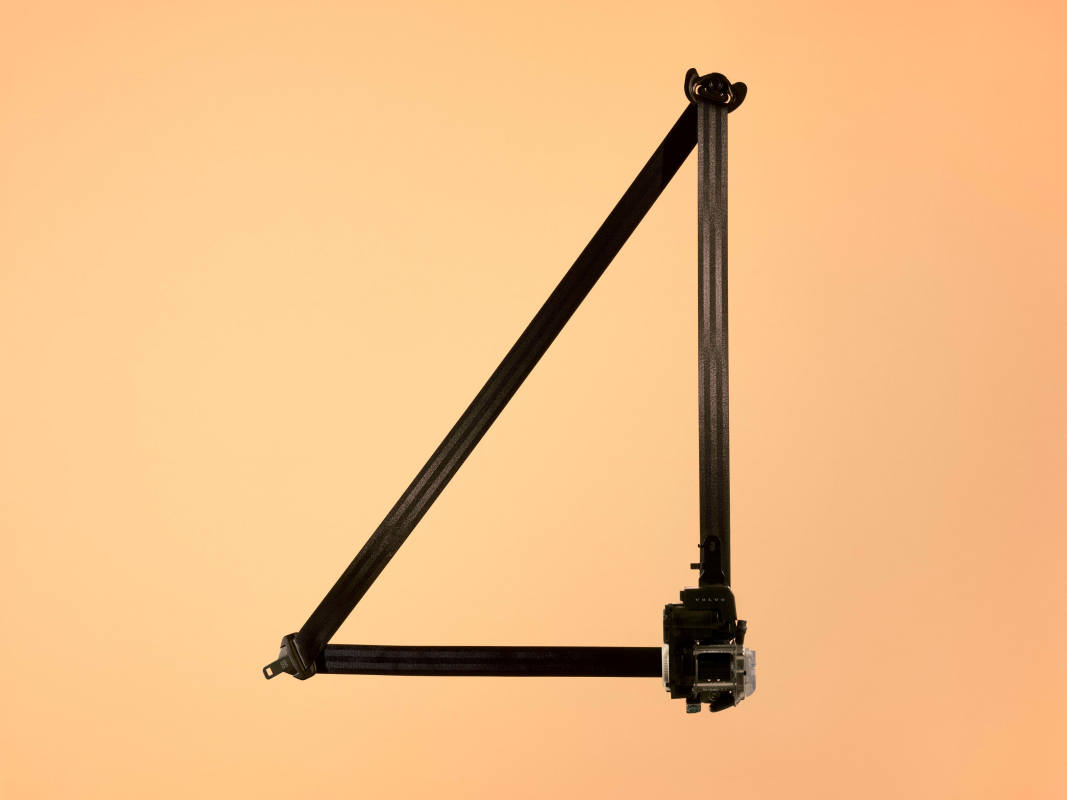
A Brand Defined by Safety Faces Tough Questions
The lawsuit cuts close to Volvo’s identity. The automaker has long marketed itself as a safety pioneer, most recently with Volvo’s safety belt named one of TIME’s best inventions. That adaptive restraint system automatically adjusts tension for each occupant, a stark contrast to the idea of a vehicle accidentally injuring someone through a malfunctioning sensor.
At the same time, Volvo’s lineup is rapidly evolving. Its upcoming entry-level electric SUV, is finally coming to America, shows how the brand is expanding into more affordable territory while maintaining its premium image. As Volvo modernizes, it faces the challenge of integrating new convenience features without compromising its long-standing safety reputation.
Volvo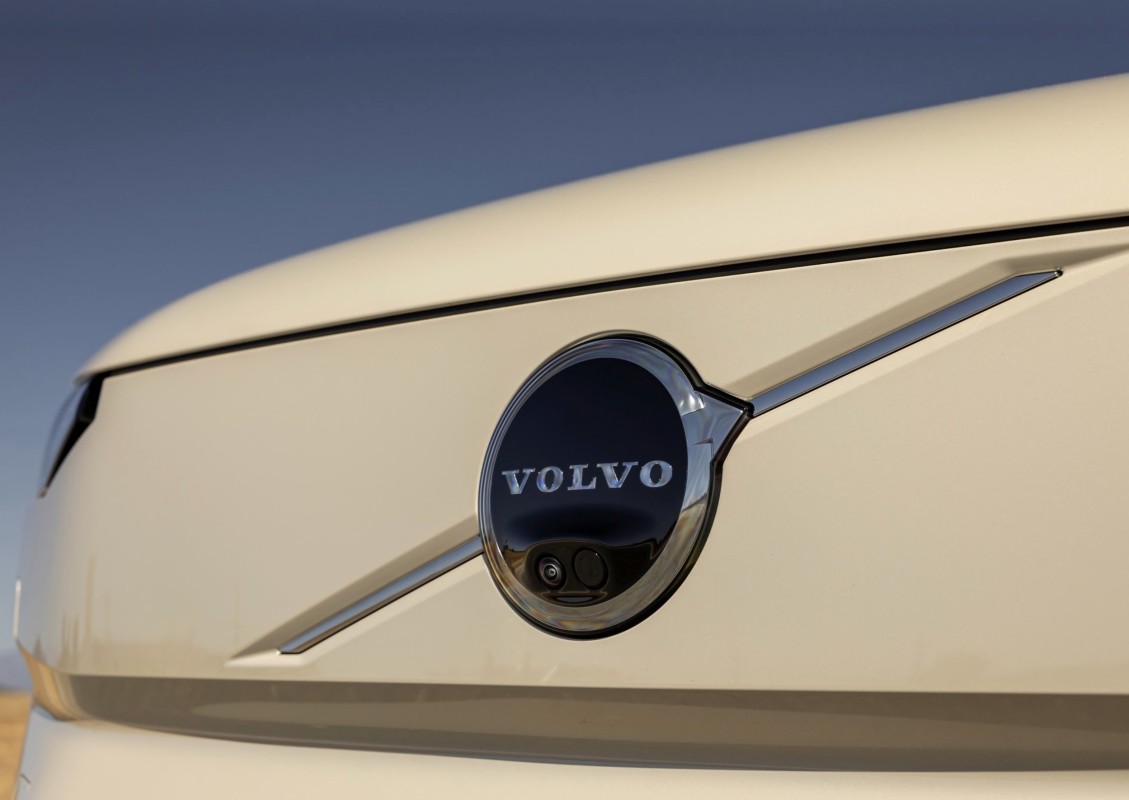
Why It Matters
If the court determines that the tailgate’s motion sensor design was flawed, the implications could extend beyond Volvo. Many automakers use similar hands-free systems, and a legal precedent could lead to software recalls or stricter safety certifications.
For Volvo, the case is a reminder that innovation and safety must move in lockstep. The company that gave the world the three-point seatbelt now finds itself defending a technology meant to make life easier, but that, according to one driver, did just the opposite.
